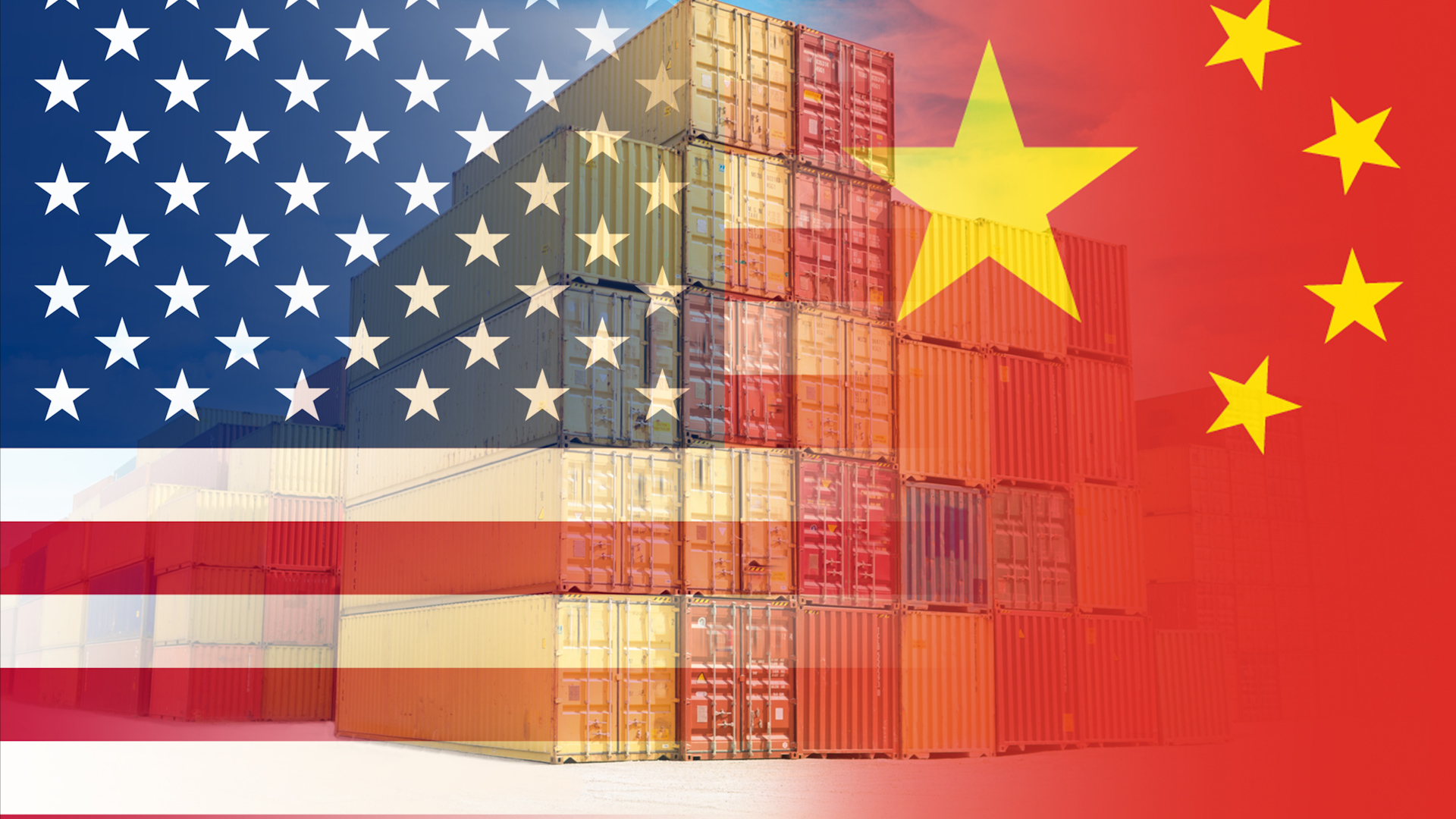HONG KONG — U.S. and Chinese officials have confirmed plans to meet in Switzerland later this week, in what observers see as a tentative sign of easing hostilities in the ongoing trade dispute between the two economic powers. Treasury Secretary Scott Bessent and U.S. Trade Representative Jamieson Greer are scheduled to sit down with China’s top economic policymaker, He Lifeng, possibly laying the groundwork for a broader dialogue on trade.
In an interview with Fox News, Bessent criticized the current tariff framework, calling it unsustainable and likening it to “the equivalent of an embargo.”
“We are not seeking to decouple. What we’re seeking is fairness in trade relations,” he emphasized.
The United States and China have been engaged in a cycle of reciprocal tariff hikes, imposing significant duties—many in the triple digits—on each other’s goods. The situation has severely disrupted trade flows between the two largest economies, and analysts warn the prolonged impasse could tip the global economy into a downturn.
“China and the U.S. must move forward,” said Alicia Garcia-Herrero, chief Asia Pacific economist at the French financial firm Natixis. “There’s clearly interest on both sides to come to the table and negotiate.”
Earlier this year, President Trump imposed what he described as reciprocal tariffs on goods from China and several other countries. When Beijing responded with similar duties, Washington escalated the measures further. Currently, Chinese exports to the U.S. face tariffs as high as 145%, while American exports to China are being taxed at a rate of 125%.
Over the past few weeks, both nations have maintained a strategic stalemate, with neither side appearing willing to make the first overture. Trump stated in an interview with Time magazine that he had no intention of initiating contact with President Xi Jinping, but claimed that Xi had called him. Chinese authorities denied that account, stating instead that Washington had reached out multiple times to resume trade dialogue.
The upcoming meeting in Switzerland is the most tangible indication so far of a possible break in the deadlock.
Political analysts in Beijing have said any real progress will depend on the tone and posture of U.S. negotiators. Ming Jinwei, a commentator writing in Guancha, a Chinese platform often aligned with state perspectives, said Secretary Bessent needs to reassess his views on China’s position.
“He continues to assert that China needs the U.S. more than the reverse. This view is misguided and reflects a lack of understanding,” Ming wrote.
Amid clear economic impacts on both sides, Garcia-Herrero expects a preliminary trade agreement to be reached soon. The anticipated outcome would include the lifting of current reciprocal tariffs while retaining a baseline duty of 20% on Chinese products entering the U.S.
“The deal will be described as modest because both governments have invested heavily in portraying the other side as unreasonable,” Garcia-Herrero explained. “Neither side can easily reverse that narrative in public now.”
On Wednesday, a spokesperson for China’s Ministry of Commerce reiterated that Beijing remains open to discussions but cautioned that any agreement must respect its core principles. “Our door is open, but we will not compromise our fundamental interests just to reach a deal,” the spokesperson stated.







